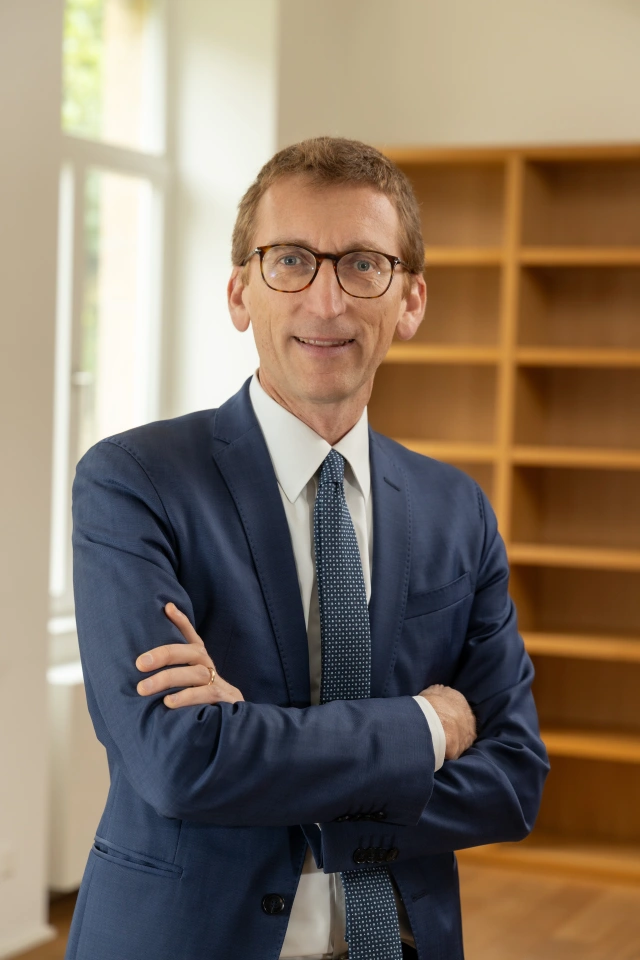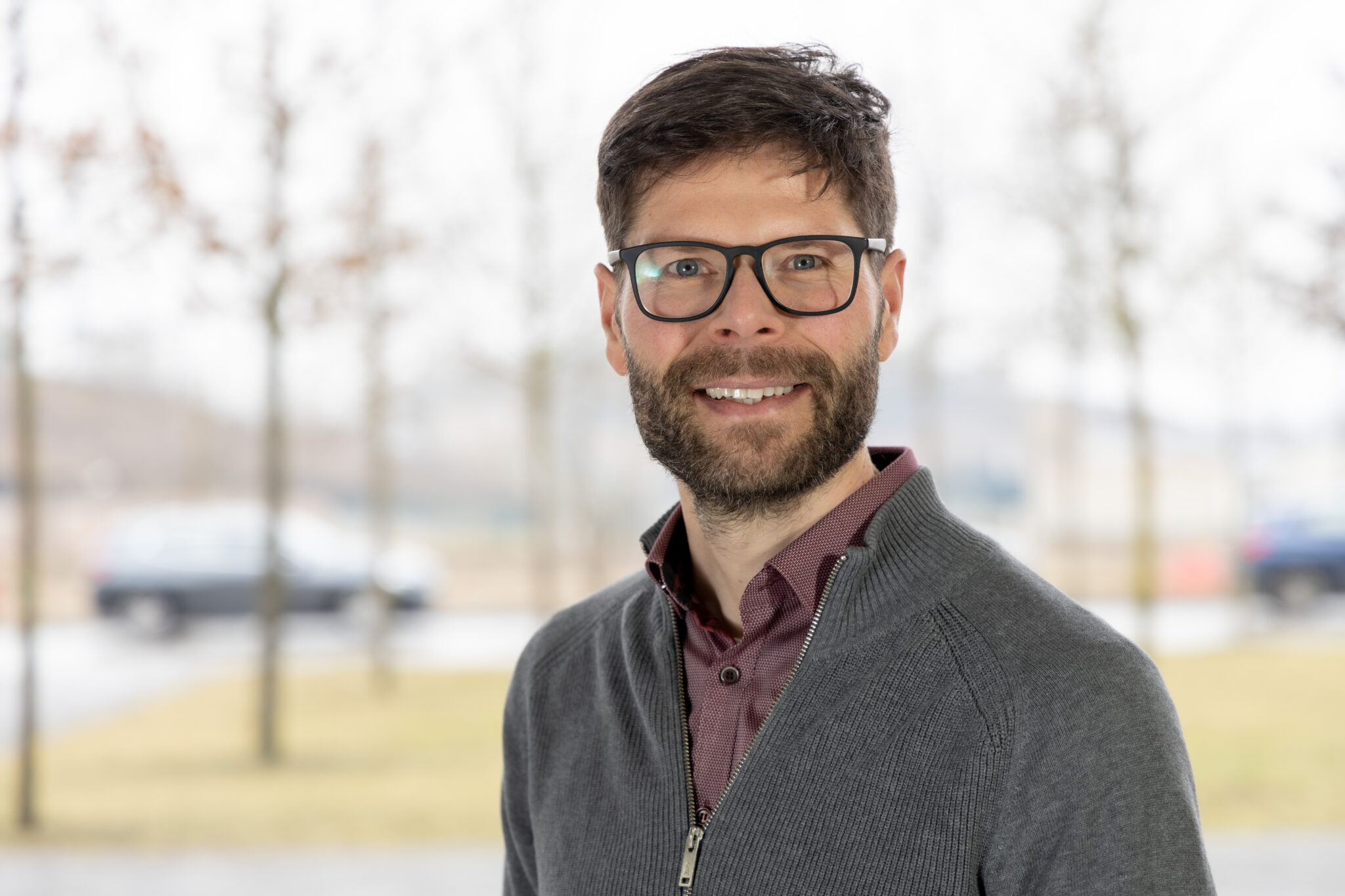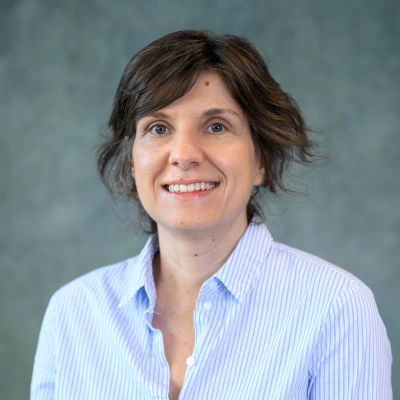Testimonials from our academic community

Discover the perspectives of our academic staff as they share their experiences, values, and reflections on teaching, research, and collaboration. These testimonials offer a glimpse into the passion and dedication that drive our university forward.
In the words of…
Luca Ratti, Associate professor in European and comparative labour law
Luca Ratti is a specialist in labor law, with a career dedicated to exploring the complexities of work relations and employment legislation. After earning his doctorate in labor law from the University of Bologna in 2007, he spent nearly a decade there advancing from researcher to senior academic. In 2015, Luca brought his expertise to Luxembourg, joining our University to pursue new opportunities in an international academic environment.

What attracted him to join the University of Luxembourg:
“Two colleagues in my field who were already working here had spoken very highly of the university. They highlighted its unique appeal, particularly its proximity to European institutions, which brings a distinct dimension to research. Additionally, the university has strong ties with European networks, something I found lacking in Bologna.
I decided to apply, and during the interview process, I was particularly impressed by the structure of the Bachelor’s in Law program. Its emphasis on transnational teaching of law aligned perfectly with my background in comparative law. The programme’s comparative perspective, especially in labour law, was a key factor that drew me here.”
In your opinion, what makes the University of Luxembourg a unique place to study and teach labour law?
“Two key aspects make the University of Luxembourg stand out. First, its multilingual environment is a tremendous asset, as it helps students and researchers alike to be familiar with different legal environments and have direct access to legal sources, including scholarship and case law. Even more importantly, the University of Luxembourg’s multicultural atmosphere significantly enriches the learning experience. Students here come from diverse backgrounds, bringing into the classroom examples from their personal lives, families, and previous work. This diversity allows to compare and discuss real-world scenarios from different countries, covering topics like employment conditions, strikes, dismissals, and collective representation. Such a dynamic, multinational setting is rare in more traditional universities and fosters a truly global perspective.”
Philip Santangelo, Associate professor in Behavioural Health Technology Interventions
Prof. Dr. Philip S. Santangelo joined the University in March 2023 as an Associate Professor in Behavioural Health Technology Interventions within the Department of Behavioural and Cognitive Sciences at the Faculty of Humanities, Education and Social Sciences. With academic and professional experience in both Germany and the USA, Philip reflects on how these environments compare and what he’s discovered since becoming part of our university community.
What was your motivation to the join University of Luxembourg?
“The hiring request was a perfect fit for my research interests. In the description, it was even specified that the focus of research should be everyday life research, and this is exactly what I do: using electronic diaries to examine how symptoms unfold while patients go about their everyday lives. On top of that, I have an acquaintance who works as a researcher at the University and she told me that it is a great place to work at, so I applied.”
How is Luxembourg as a place of work?
“What I really like in Luxembourg is the multilingualism, as I worked in Germany and in the US and so just having more than one language is unique.
I am also eager to give my lectures about psychopathology to students because when I went to the university, I was very much interested in psychopathology and now I have the opportunity to give a lecture about it myself. I am eager to start teaching.”

Ivana Nikic-Spiegel, Associate professor in Translational Neuroscience with a focus on biological Imaging
Prof. Dr. Ivana Nikic-Spiegel joined the University in June 2025 as associate professor and head of the Chemical and Molecular Neurobiology group at the Luxembourg Centre for Systems Biomedicine (LCSB).

Why the University of Luxembourg?
“I was particularly drawn to the opportunity to join a young and rapidly growing university. The infrastructure is very modern, and the strong international atmosphere is immediately noticeable. Having previously worked at established institutions with a longer history, I know the advantages they offer, but I also find it exciting to contribute to the growth of a newer institution. After learning more about the University and the LCSB, where my laboratory is based, I was impressed by the support and opportunities available for both senior and early-career scientists. I felt this would be a great place to take the next step in my career.”